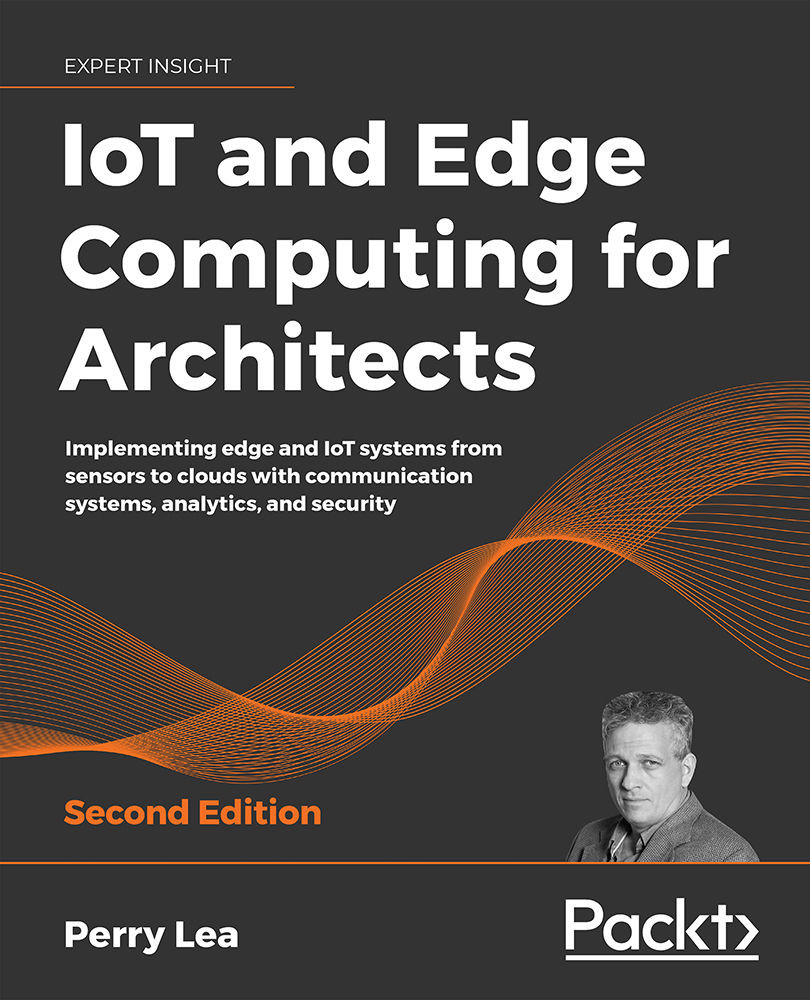Machine learning in IoT
Machine learning is not a new computer science development. On the contrary, mathematical models for data fitting and probability go back to the early 1800s, and Bayes' theorem and the least squares method of fitting data. Both are still widely used in machine learning models today, and we will briefly explore them later in the chapter.
A brief history of AI and machine learning milestones
It wasn't until Marvin Minsky (MIT) produced the first neural network devices called perceptrons in the early 1950s that computing machines and learning were unified. He later wrote a paper in 1969 that was interpreted as a critique of the limitations of neural networks. Certainly, during that period, computational horsepower was at a premium. The mathematics were beyond the reasonable resources of IBM S/360 and CDC computers. As we will see, the 1960s introduced much of the mathematics and foundations of artificial intelligence in areas such as neural nets...






































































